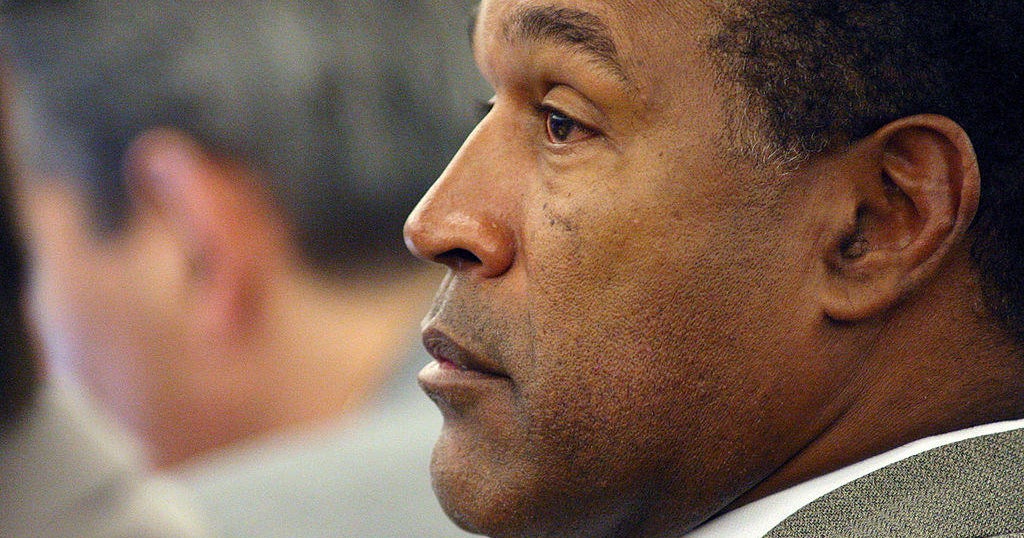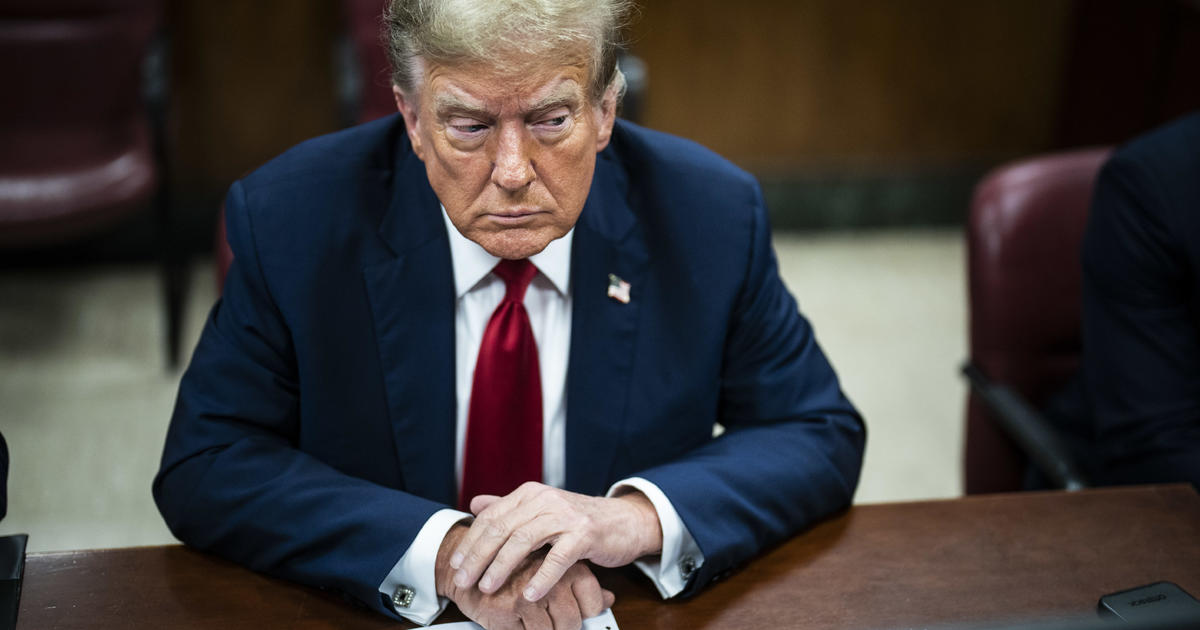Former Obama Ebola adviser calls for stronger global response to pandemics
The coronavirus pandemic continues to have a crippling impact worldwide as the global death toll reached over 200,000 this week. President and CEO of the ONE Campaign Gayle Smith says this pandemic "strikes the hardest at people who have the fewest things to fall back on."
She says she's concerned about how the coronavirus pandemic will affect the most vulnerable communities.
"I totally understand the imperative of leaders to be focused on the countries they lead," Smith told "Face the Nation" moderator Margaret Brennan in an interview Tuesday. She added, "It's equally important that they focus on the spread of this pandemic around the globe because it can come back, it can be re-imported, and we could end up in a vicious cycle if we're not looking outside at the same time we're focusing inside."
Before leading the ONE Campaign, Smith served as the administrator of the United States Agency for International Development (USAID) and was a key figure in the response effort to the Ebola crisis of 2014 during her time at the National Security Council. She says from her experience advising presidents on development issues, organizations like the United Nations and financial institutions like the International Monetary Fund and World Bank play an important part in the global community's response to pandemics.
She told Brennan that "coalitions of the willing" are critical to combating similar global pandemics such as coronavirus.
"During the Ebola crisis, for example, President Obama took a number of steps, including a summit at the U.N. with then secretary general on getting on the phone with other leaders around the world and pulling them together on a very regular basis to make sure that we from the outside, we're providing as much as he possibly could to defeat Ebola in West Africa," Smith said.
But one international institution as of late has been scrutinized at the height the most recent global pandemic -- the World Health Organization (WHO). President Trump has repeatedly criticized the global body for "severely mismanaging and covering up the spread of the coronavirus," and the White House has opened an investigation into the WHO as the administration continues to question the U.S.' role in helping fund the group. But Smith doesn't believe now is the right time to de-fund the WHO.
"Issues as to the WHO if there are views that the WHO has not performed in the right way, that's something to look at after we get through this," said Smith. "There should be an after action looking at all international institutions and countries, in fact, because the world has not done as good a job as it should do, certainly in the future in the face of this threat," she added.
It's that "ad hoc, fragmented response" from the global coalition, Smith says, that gives a virus plenty of time to move across the globe. "It's inefficient. And it's not as impactful as one that is driving with a real strategy that brings everybody into the same room to do a division of labor and go after this virus as effectively as we can," she said.
Smith also said she's concerned a cut in funding to WHO amid the ongoing pandemic would divert attention from other areas of global health development
"For example, a cut in funding would mean a reduction in funding possibly for the fight against polio where we're near successful," Smith said. "We will probably see globally out of this crisis some net losses in the progress that we've made on other fronts in health and certainly on economic development."
But as the world continues to focus its attention on COVID-19, Smith urged that now is the time to start planning for the next viral threat to public health.
"Prior to this pandemic, the world's investment in what we call global health security - or putting in place the ability of countries to prevent, detect and respond to viral threats - spending was minimal on that," said Smith. "Now is the time to start building the architecture we need so that we do not repeat what we're going through now."



